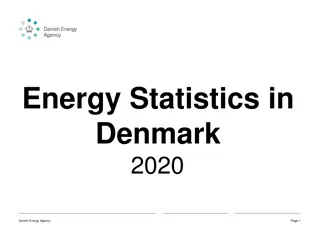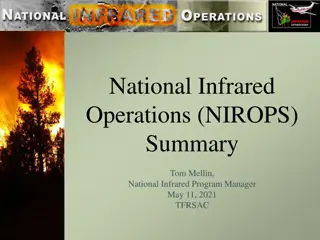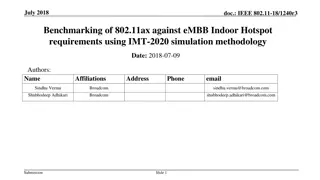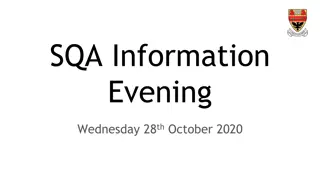
Understanding Participle Adjectives in English Grammar
Learn about participle adjectives in English grammar, including adjectives derived from present and past participles, their usage, and examples. Understand how to describe actions and feelings using these adjectives in sentences.
Download Presentation

Please find below an Image/Link to download the presentation.
The content on the website is provided AS IS for your information and personal use only. It may not be sold, licensed, or shared on other websites without obtaining consent from the author. If you encounter any issues during the download, it is possible that the publisher has removed the file from their server.
You are allowed to download the files provided on this website for personal or commercial use, subject to the condition that they are used lawfully. All files are the property of their respective owners.
The content on the website is provided AS IS for your information and personal use only. It may not be sold, licensed, or shared on other websites without obtaining consent from the author.
E N D
Presentation Transcript
PARTICIPLE ADJECTIVES ( -ed & - ing ) By: Asst. Prof. Muayad R. Habib / Dept. of By: Asst. Prof. Muayad R. Habib / Dept. of English / Grammar / 3 English / Grammar / 3rd rdYear Students / College of Basic Education / Al College of Basic Education / Al- -Mustansyria University / May,2020 University / May,2020 Year Students / Mustansyria
We use adjectives derived We use adjectives derived from present participle to from present participle to the source or cause of an the source or cause of an action or feeling: action or feeling: ( surprising , confusing ,, . ( surprising , confusing ,, . ) Present Present Participle Participle ( (- -ing ing) ) We use adjectives derived We use adjectives derived from past participle to from past participle to describe the one(s) describe the one(s) affected by the action or affected by the action or feeling: feeling: ( surprised, confused, .) ( surprised, confused, .) Past Participle (-ed) 1. 1. The news was surprising. The news was surprising. 2. 2. My parents were surprised . My parents were surprised .
We can treat people or other living things as the source of a feeling : He s boring. Or the cause affected by: He s bored. We treat non-living things as the source only: Darwin was a fascinating person. Why is the dog getting so excited.
THANK YOU FOR YOUR ATTENTION STAY HOME 4






















